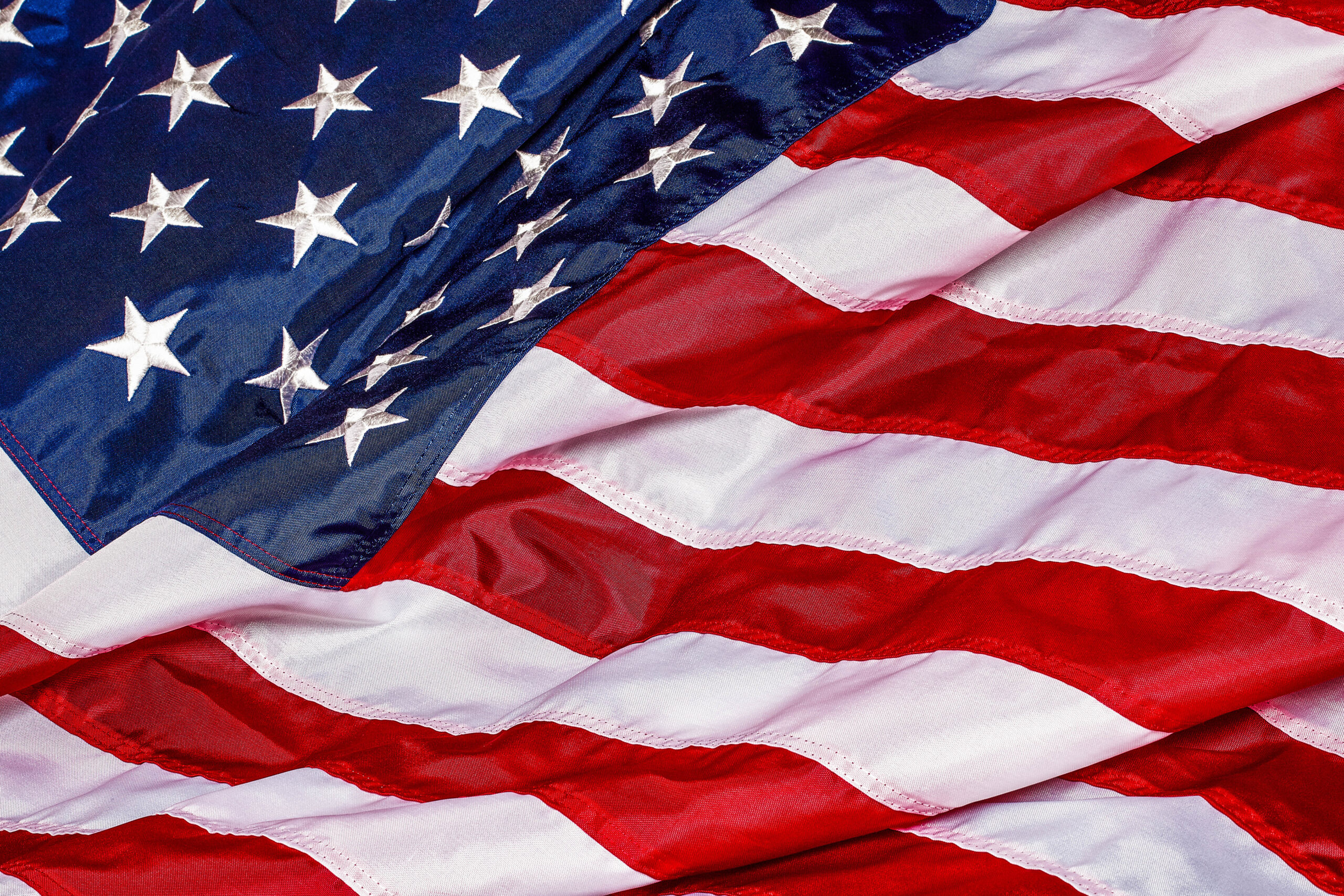It is May. The rains of April bring forth the fragrant blooms of May. The sun’s warm rays encourage new life.
A new life for the world began on May 7, 1945. The Battle of Berlin was over, Hitler and some of his henchmen were dead and General Eisenhower accepted the unconditional surrender of Germany on that date.
The next day, May 8, church bells rang and factory whistles blew as we hailed Victory in Europe Day. The war in Europe was over. In war, it used to be that to the victor belonged the spoils. In medieval times, when two knights fought, the winner scooped up a fair maiden, a couple of chickens and headed for home. Not this war.
Local commanders had to take the surrender and disarm their immediate adversaries. This was not a simple task considering the breadth of the battlefront. Europe, and Germany in particular, were left in piles of rubble and bomb craters. It was a continent of hungry people without proper housing, destroyed industries, no economy to speak of, and as winners, these spoils belonged to us.
We still had Japan to contend with. But, along with our allies, England, France and the U.S.S.R.,we had to stabilize Europe. President Truman gave this responsibility to former Gen. George Marshall, now Secretary of State. The Marshall Plan, as it became known, infused resources into Western Europe. Much to the consternation of the U.S.S.R., the Marshall Plan can be credited with helping to prevent the spread of Soviet domination over a weakened Europe.
In the war against Japan, the bloody battle for Okinawa began with the American invasion of April 1. The extensive fire bombing of the Japanese home islands by the U.S. Air Force prompted overtures to the Japanese government offering terms for their surrender. As rejection of these overtures occurred, the U.S. continued preparing for the invasion of Japan. We know that never happened and the nuclear bombs of Aug. 6 and 9 brought a rapid response from Emperor Hirohito to end the War. Again, we were victors who inherited a great amount of spoilage.
The rise of Japan from the ashes was due in part to abandonment of some of their feudal practices and the leadership of Gen. Douglas Mac Arthur, the U.S. commander of Occupation Forces in Japan. The Japanese people put as much effort in their recovery as they did in their former military state. The new Japan became self-sufficient in a very short time as their cameras and cars began taking a share of the American market.
Our Memorial Day ceremony, this year on May 27, causes us to pause in reflection so we can remember and honor those who made the supreme sacrifice so this nation can continue to be the bastion of freedom and liberty enlightening the world.
Richard A. Pender is the senior vice commander of American Legion Post 459 in North Brunswick. He writes the occasional historical column for Newspaper Media Group. He can be reached at [email protected].

